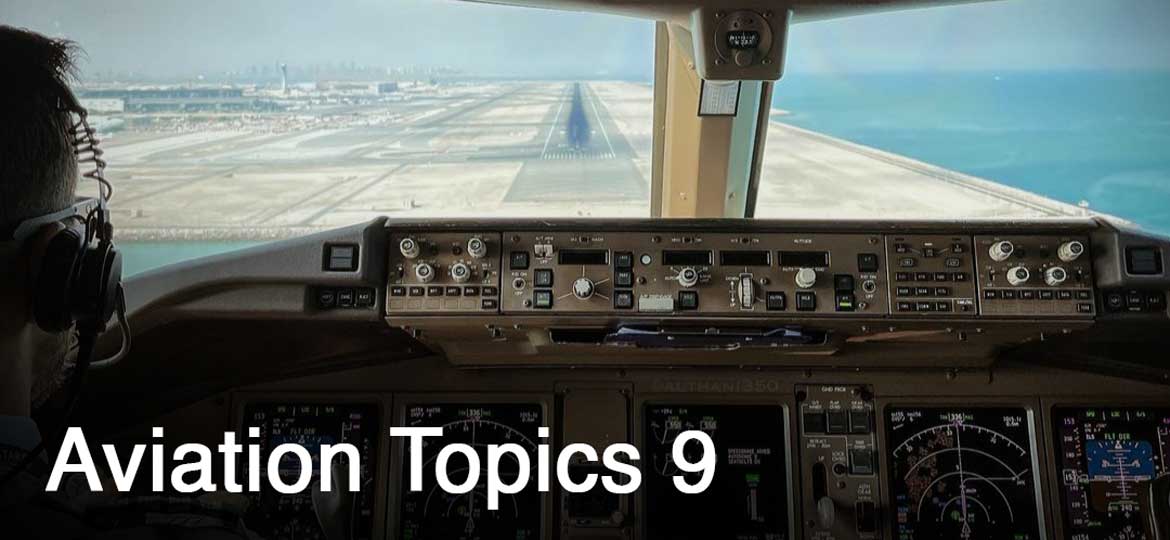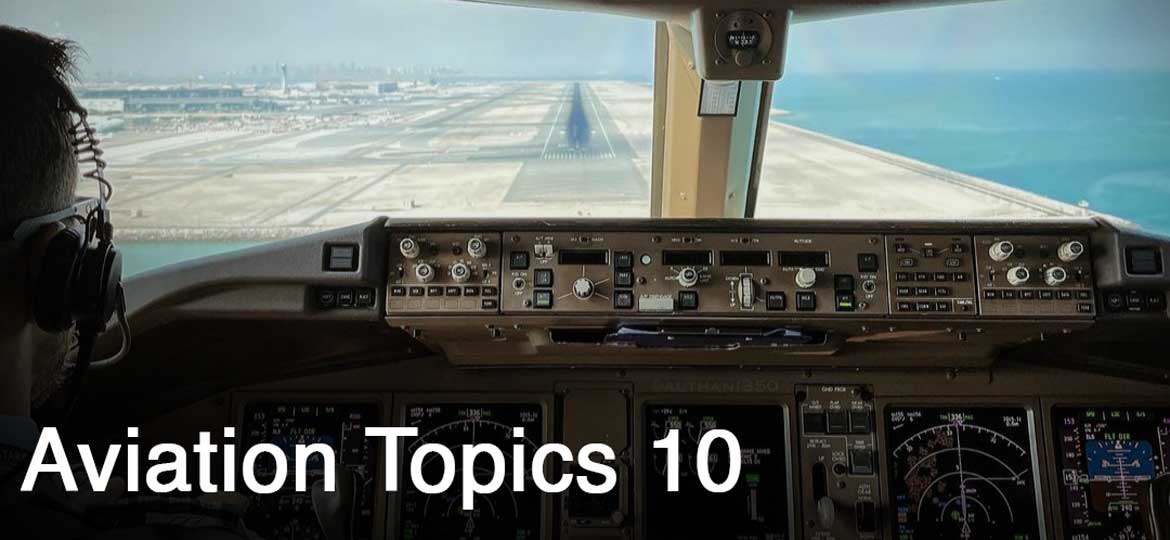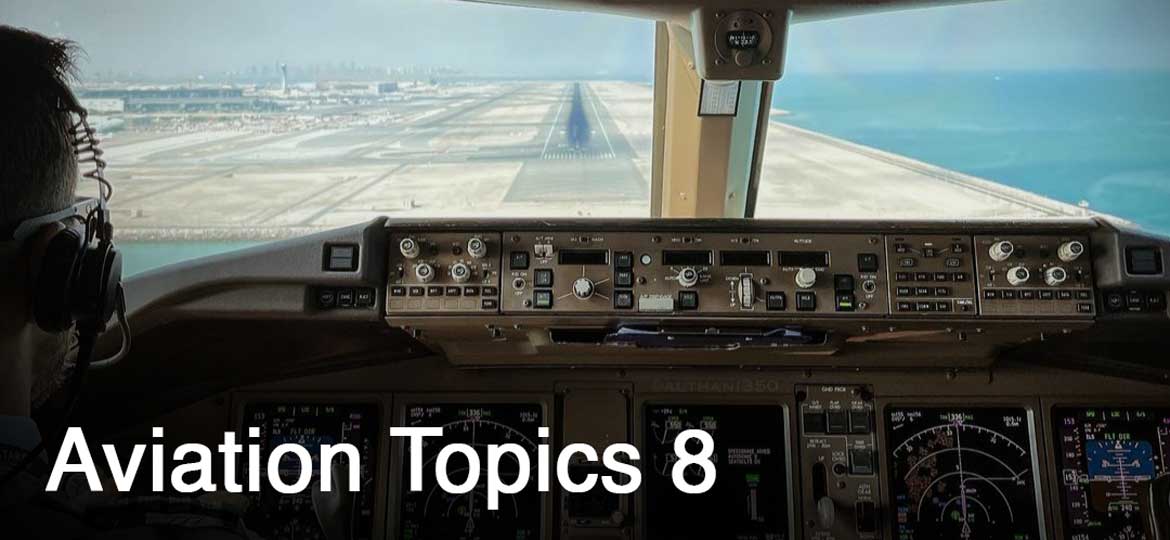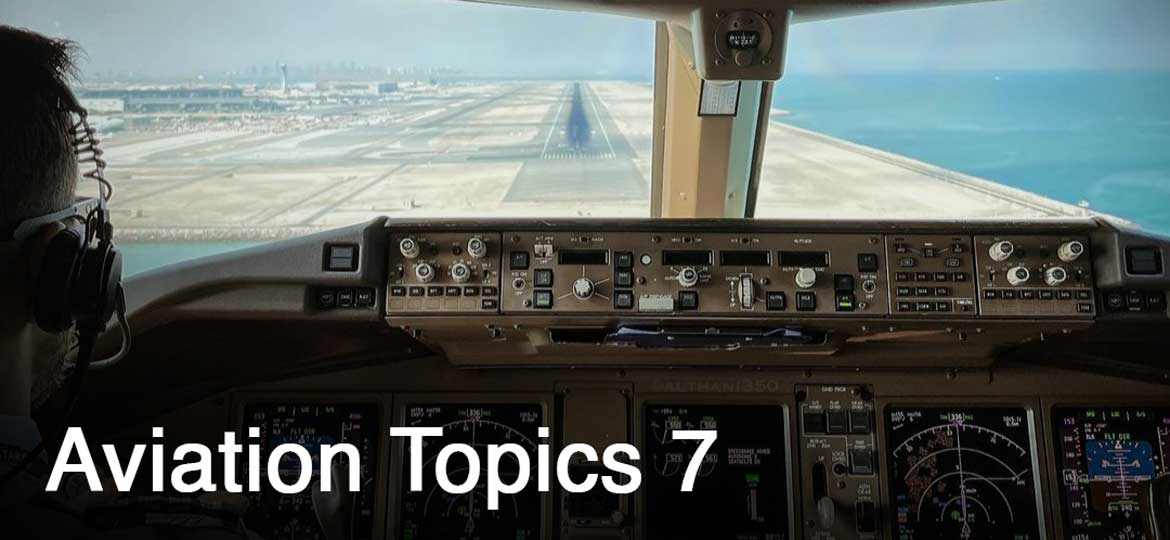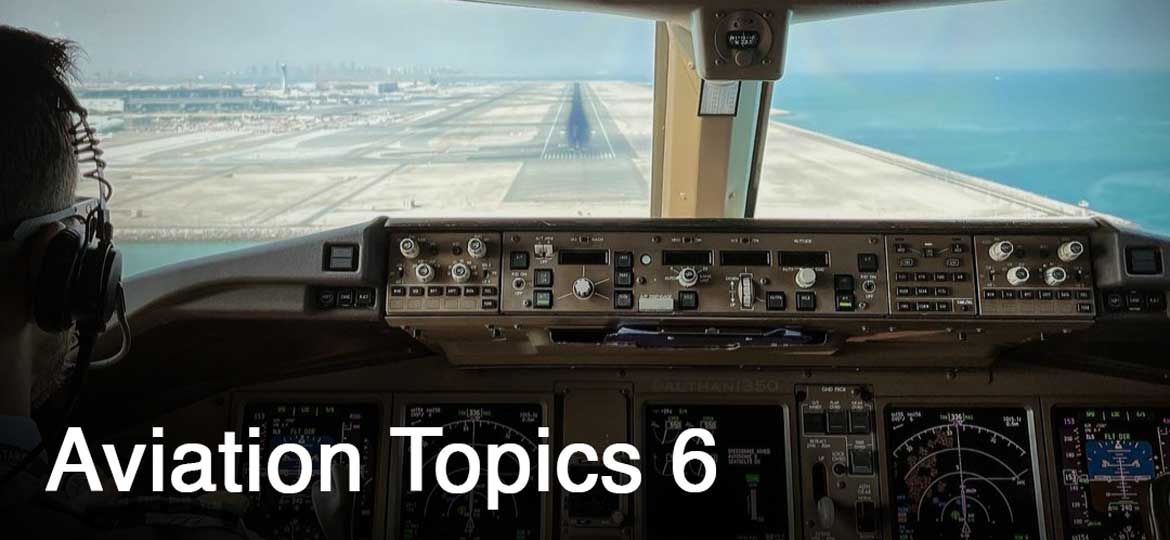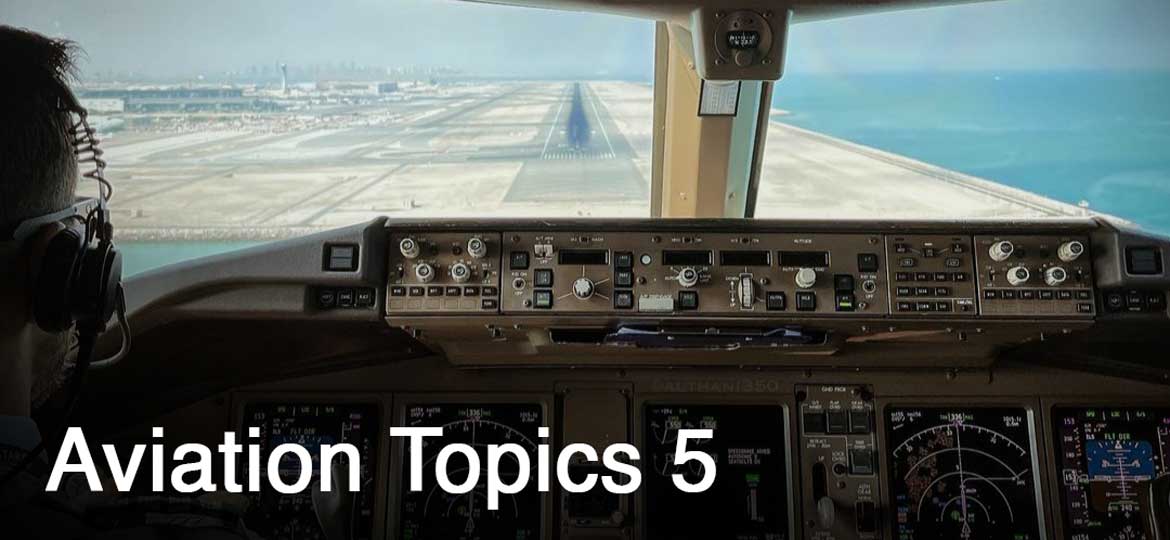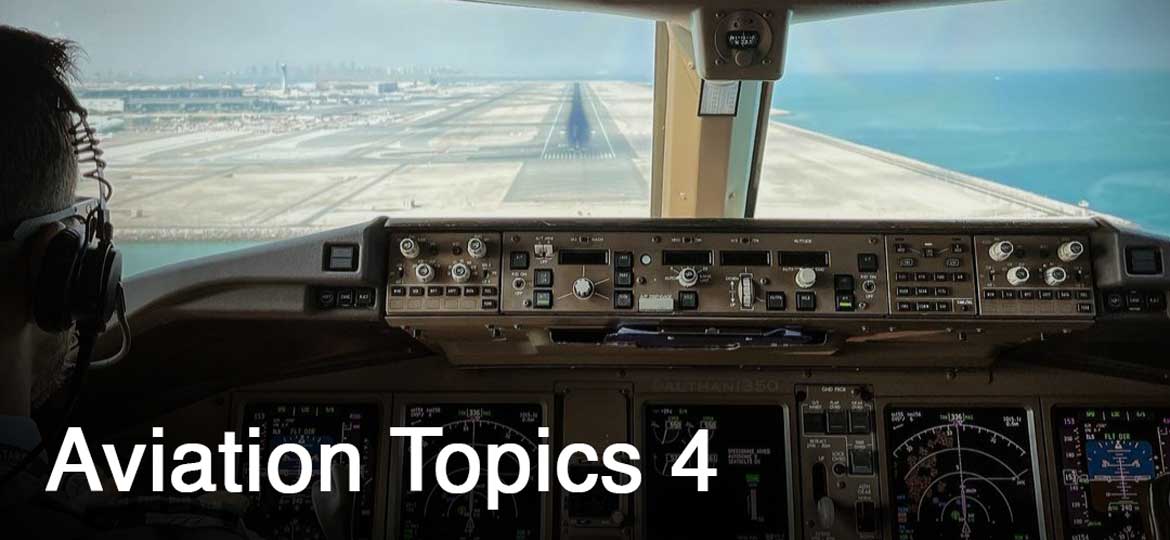Part One: “Aviation Topics”. In this part, you have to answer questions related to aviation. You have one to two minutes for answering each question. Don’t worry if I interrupt you. I’ll tell you when the time is up.
Question 9.1
How do you prepare for an early morning flight?
ICAO 4:
For early morning flights I prefer staying in for packing, arranging my belongings, eating some health food and going to bed early to be ready for the flight, specially if It’s a long-haul one.
ICAO 5:
I usually prepare myself for an early morning flight by prioritizing an adequate and sufficient rest to ensure I will be well-rested and alert next morning.
Furthermore, at night before the early morning flight, I generally review all flight documentation, this includes checking the weather, reviewing NOTAMs, and familiarizing myself with the flight plan, procedures and any anticipated operational considerations.
Other than that, when necessary, I always communicate with the crew to talk about any flight information or concerns.
Question 9.2
How did you start your aviation career?
ICAO 4:
I started my career in aviation when I was 28 years.
The beginning was very hard, because I didn’t earn a good salary and the flight hours were very expensive so it took me a lot time to save money and get all my licenses.
In the end, I was very fortunate because I was hired by a small company shortly after I got my commercial pilot license.
ICAO 5:
I embarked on my aviation journey at the age of 28, kick-starting my career in the field.
The initial phase proved to be really challenging as I struggled with a modest income and exorbitant flight hour costs, necessitating a considerable amount of time to amass savings and acquire all the necessary licenses.
Fortunately, luck was on my side as I swiftly secured employment with a small-scale company shortly after obtaining my commercial pilot license.
Question 9.3
How can airlines improve aviation safety?
ICAO 4:
Aviation safety can be improved in different ways:
To begin with, providing training for crew and ground staff to better handle routine operations efficiently and following the SOP.
In addition, one of the most important things is to provide a schedule for the crew so that they have plenty of time to rest and prepare for the upcoming flights without being tired, which can be extremely dangerous for long-haul flights.
Furthermore, supply the aircraft with preventive and regular maintenance, if possible a new fleet.
ICAO 5:
To improve aviation safety, airlines should focus on comprehensive and ongoing training programs for pilots, cabin crew, and ground staff.
In addition, adhere strictly to maintenance and inspection schedules;
Improve communication and collaboration with stakeholders;
Embrace advanced technologies;
Promote a just culture for reporting safety incidents;
Conduct regular safety audits, and analyze safety-related data;
Among others, these measures collectively contribute to a strong safety culture, protect passengers and crew, and ensure ongoing improvements in aviation safety.
Se você gostou desse post do Call to Fly, divulgue utilizando os canais de Mídia!!
Abraço!! Rumo ao topo!
Leandro Araujo
